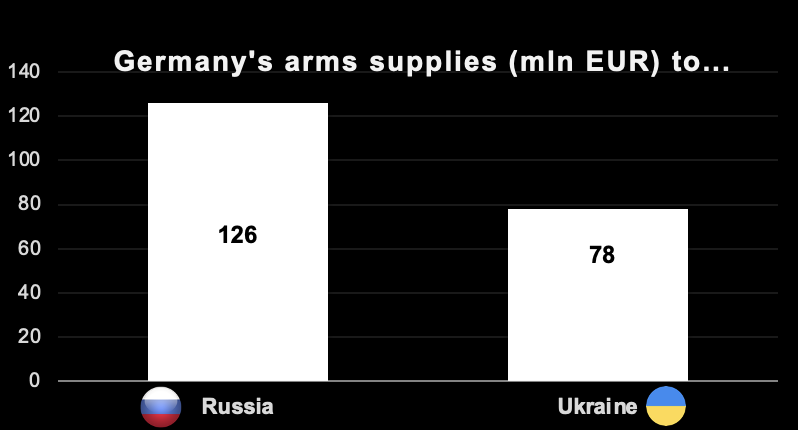
Gen Zaluzhny, Ukraine's Commander-in-Chief of Armed Forces, published an article with his vision for how Ukraine should fight the russian invaders in the course of 2023.
It contains several crucial messages for 🇺🇦 politicians and int'l partners.
[Thread]
ukrinform.ua/rubric-ato/356…
It contains several crucial messages for 🇺🇦 politicians and int'l partners.
[Thread]
ukrinform.ua/rubric-ato/356…
1/ Zaluzhny's key point: the source of russia's confidence in this war is its feeling of impunity, which is produced by russia's ability to strike Ukraine deep into its territory without a proper response. It is therefore crucial to address that sense of impunity on russia's part
2/ Zaluzhny emphasizes that upgrading Ukrainian weapons with Western arms is necessary but it is not enough.
He says it is paramount to develop and produce high-tech arms systems inside Ukraine, including those with long-reach capabilities, jointly with international partners.
He says it is paramount to develop and produce high-tech arms systems inside Ukraine, including those with long-reach capabilities, jointly with international partners.
3/ Zaluzhny stresses that, once Ukraine acquires such capabilities, it will have a massive deterrent effect on russia: "a comprehensive acquisition of [long-range] weapons systems should become the game-changer that one dreams of".
4/ Zaluzhny points out 2 factors that influence Western military support: (1) lack of understanding of the true scale of the war and its huge resource toll; and (2) a "direct" threat of russia using tactical nuclear weapons which will jeopardize entire Europe.
5/ Zaluzhny's message on russia's use of nuclear arms is crystal clear: "even nuclear strikes will not allow russia to break Ukraine's will to resist". But he sees a possibility of the involvement of major powers in a "limited" nuclear conflict as a result of such a scenario.
6/ Zaluzhny's message to Ukrainian politicians is hard to miss: to win this war, prepare for the long run in terms of proper planning, boosting industrial capacities and securing international assistance.
7/ Gen Zaluzhny's vision of the strategic goal of 🇺🇦 in this war is the defeat of russia's armed forces, which will make the latter unable to continue waging the war.
How: Ukraine's several successive - or, "ideally simultaneous" - counter-attacks during 2023.
[END of thread]
How: Ukraine's several successive - or, "ideally simultaneous" - counter-attacks during 2023.
[END of thread]
• • •
Missing some Tweet in this thread? You can try to
force a refresh







